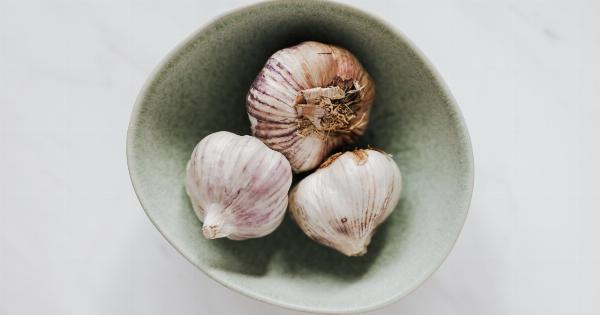Vinegar has been used as a condiment and food preservative for centuries. Recently, there has been a growing interest in the potential health benefits of vinegar, including its effect on blood pressure levels.
High blood pressure is a serious condition that can lead to heart disease, stroke, and other health problems. Therefore, finding natural ways to lower blood pressure is of great importance. In this article, we will explore the relationship between vinegar intake and blood pressure levels.
What is High Blood Pressure?
High blood pressure, also known as hypertension, is a common condition that affects millions of people worldwide. Blood pressure measures the force of blood against the walls of your arteries.
High blood pressure occurs when this pressure is consistently higher than normal, putting a strain on your heart and blood vessels. Hypertension is often referred to as the silent killer because it usually has no symptoms until it causes serious health problems.
Can Vinegar Lower Blood Pressure?
One of the potential health benefits of vinegar is its ability to lower blood pressure levels. Some studies have suggested that vinegar may have an antihypertensive effect, meaning it can help lower blood pressure.
How Does Vinegar Lower Blood Pressure?
The exact mechanism by which vinegar lowers blood pressure is not fully understood. However, there are several theories.
One theory is that vinegar helps to increase the production of nitric oxide, a molecule that helps to relax blood vessels and improve blood flow. Another theory is that vinegar may help to reduce the levels of renin, an enzyme that raises blood pressure. Additionally, some studies suggest that vinegar may help to reduce inflammation, which is linked to hypertension.
What Types of Vinegar are Best for Lowering Blood Pressure?
There are many types of vinegar available, but not all of them may be effective for lowering blood pressure. The most commonly studied vinegar for its potential antihypertensive effect is apple cider vinegar.
Apple cider vinegar is made by fermenting apples and has been used for its health benefits for centuries. Other types of vinegar, such as white vinegar or balsamic vinegar, have not been studied extensively for their effect on blood pressure.
What is the Recommended Vinegar Intake for Lowering Blood Pressure?
There is no official recommendation for how much vinegar one should consume for its potential antihypertensive effect. However, most studies have used doses of 1-2 tablespoons per day.
It is important to note that vinegar should not be consumed in excess as it can cause health problems, such as erosion of tooth enamel and gastrointestinal issues.
What Does the Research Say?
While some studies suggest that vinegar may have an antihypertensive effect, the research is still limited and inconclusive.
For example, a small study conducted in 2001 found that consuming apple cider vinegar helped to lower both systolic and diastolic blood pressure in individuals with hypertension. However, a more recent study in 2018 found no significant difference in blood pressure levels between individuals who consumed vinegar and those who did not.
Conclusion
Vinegar has been proposed as a natural way to lower blood pressure levels. While some studies suggest that vinegar may have an antihypertensive effect, the research is still limited and inconclusive.
Therefore, it is important to consult with a healthcare professional before incorporating vinegar into your diet, especially if you have a history of high blood pressure or any other health conditions.






























